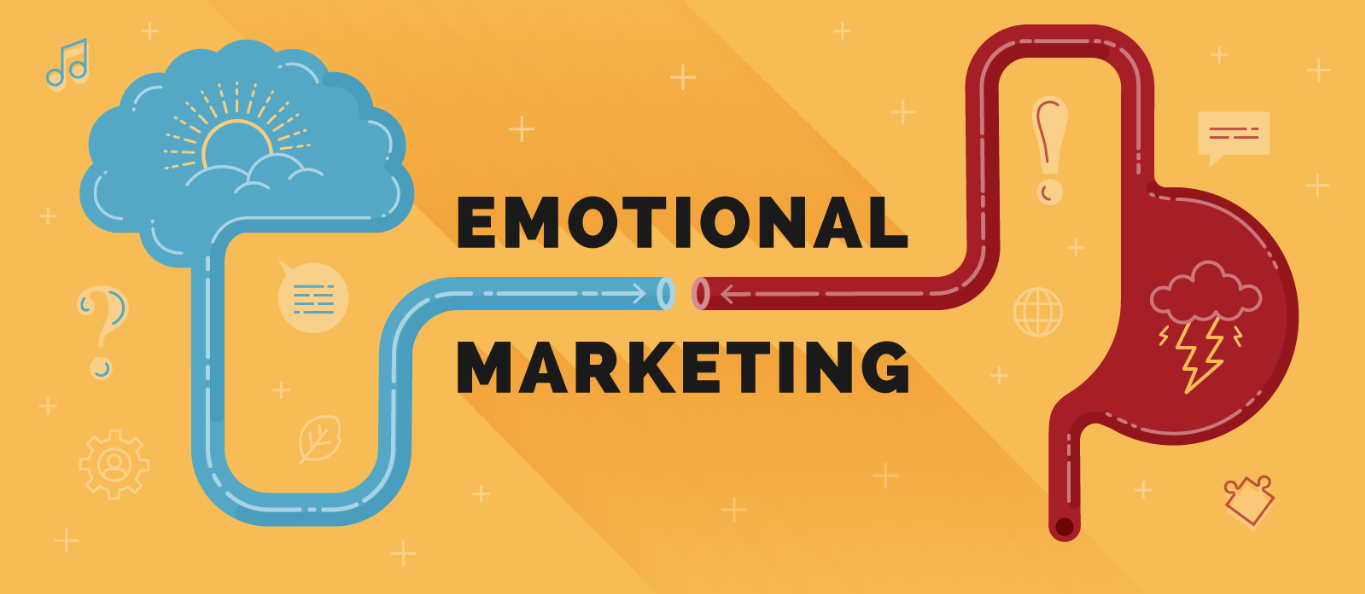What Is Emotional Marketing All About
Emotional marketing is a strategy that plays on the emotions of consumers to get them to take action. Marketers use emotional triggers to influence how consumers feel about a product or service and then get them to buy it. There are four main emotions that marketers target: happiness, sadness, anger, and fear. Each one can be used to trigger a different response in consumers.
Happiness is often used to create a sense of brand loyalty. When people are happy, they tend to be more open to new experiences and trying new things. Marketers can use this to their advantage by introducing new products or services that they need to consume.
Emotional marketing is a strategy that taps into the emotions of consumers to promote a product or service. The goal of emotional marketing is to create an emotional connection between the consumer and the brand. This connection can make the consumer more likely to purchase the product or use the service.
There are a few different ways to create an emotional connection with consumers. One way is to use positive emotions like happiness, love, or excitement. Another way is to use negative emotions like fear or anger. Some brands also try to evoke a sense of nostalgia or patriotism. Some argue that emotional marketing is manipulative.
What are the top factors of emotional appeal advertising?
Some of the top factors of emotional appeal advertising are fear, love, and humour. Fear appeals to our primal need to survive and can be used to sell everything from security systems to life insurance. Love is a powerful emotion that can make us feel good about a product or brand and can be used to sell everything from chocolate to cars.
Great ways to be used in emotional marketing
Humour is a great way to appeal to our sense of fun and can be used to sell everything from video games to clothing. The three most important factors of emotional appeal advertising are trust, likability, and relevance.
Trust is the foundation of any emotional marketing. If a viewer does not trust the advertiser, the emotional appeal will fall flat. Likability is the next most important factor. If an advertiser is not likeable, viewers would not be receptive to their message. Finally, relevance is key. An emotional appeal would not work if it is not relevant to the viewer’s life.
For more information visit our website!


